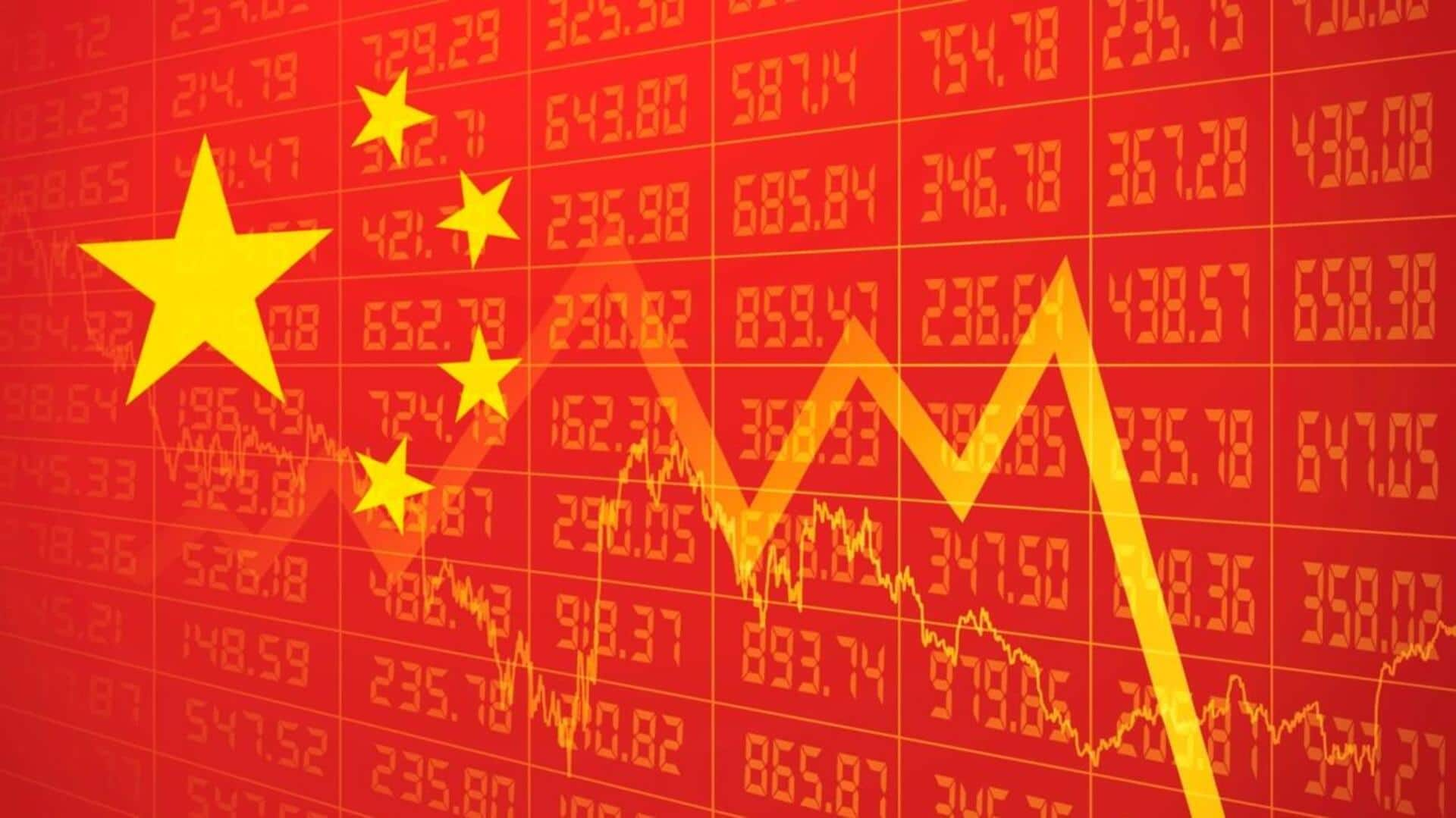
Falling pork prices push China back into deflation: Here's how
What's the story
In October, China saw a 0.2% drop in consumer prices, indicating a return to deflation and highlighting the country's difficulties in boosting growth through domestic demand. China's National Bureau of Statistics reported near-zero consumer prices in the previous two months, and producer prices fell for the 13th consecutive month, down 2.6% compared to the expected 2.7% decline. The decline is being attributed to falling pork prices, China's most-consumed meat, and a heavyweight in the country's consumer price index (CPI).
Insights
Pork prices contribute to weak CPI reading
Pork producers ramped up supply, hoping for a surge in demand after the end of COVID-19 restrictions last year. Unfortunately, the expected rebound didn't happen as anticipated. Economist Tommy Xie from Oversea-Chinese Banking Corp Ltd. confirmed that the drop in pork prices is the main reason for the weak CPI. Combined with the weak producer price index (PPI) reading, this indicates persistently weak demand in China, he added.
Details
Stubbornly weak consumer costs in 2023
The CPI dipped into deflation in July and has been hovering near negative year-on-year growth ever since. Despite the People's Bank of China's optimism in August regarding a rebound, the latest data suggests a more pessimistic outlook. Bruce Pang, Chief Economist for Greater China at Jones Lang LaSalle, told Bloomberg that tackling ongoing disinflation amid weak demand remains a hurdle for Chinese policymakers.
What Next?
Deflation's impact on investor confidence and consumption
Deflation can undermine investor confidence, as companies report income and profit in nominal terms, which increases their debt servicing burden, particularly in a highly leveraged economy like China's. Additionally, it can negatively impact consumption, as consumers may postpone purchases due to the anticipation of further price reductions in the future.
Facts
China's expected CPI growth and stimulus measures
According to Bloomberg, for the full year of 2023, China is projected to achieve 0.5% CPI growth, falling well short of the government's annual target of around 3%. The low inflation rate has led economists to argue that China's economy is not reaching its full potential and requires additional monetary and fiscal stimulus. In response, Beijing has implemented measures such as lowering interest rates, decreasing the amount of cash banks must hold in reserve, and issuing more sovereign bonds.